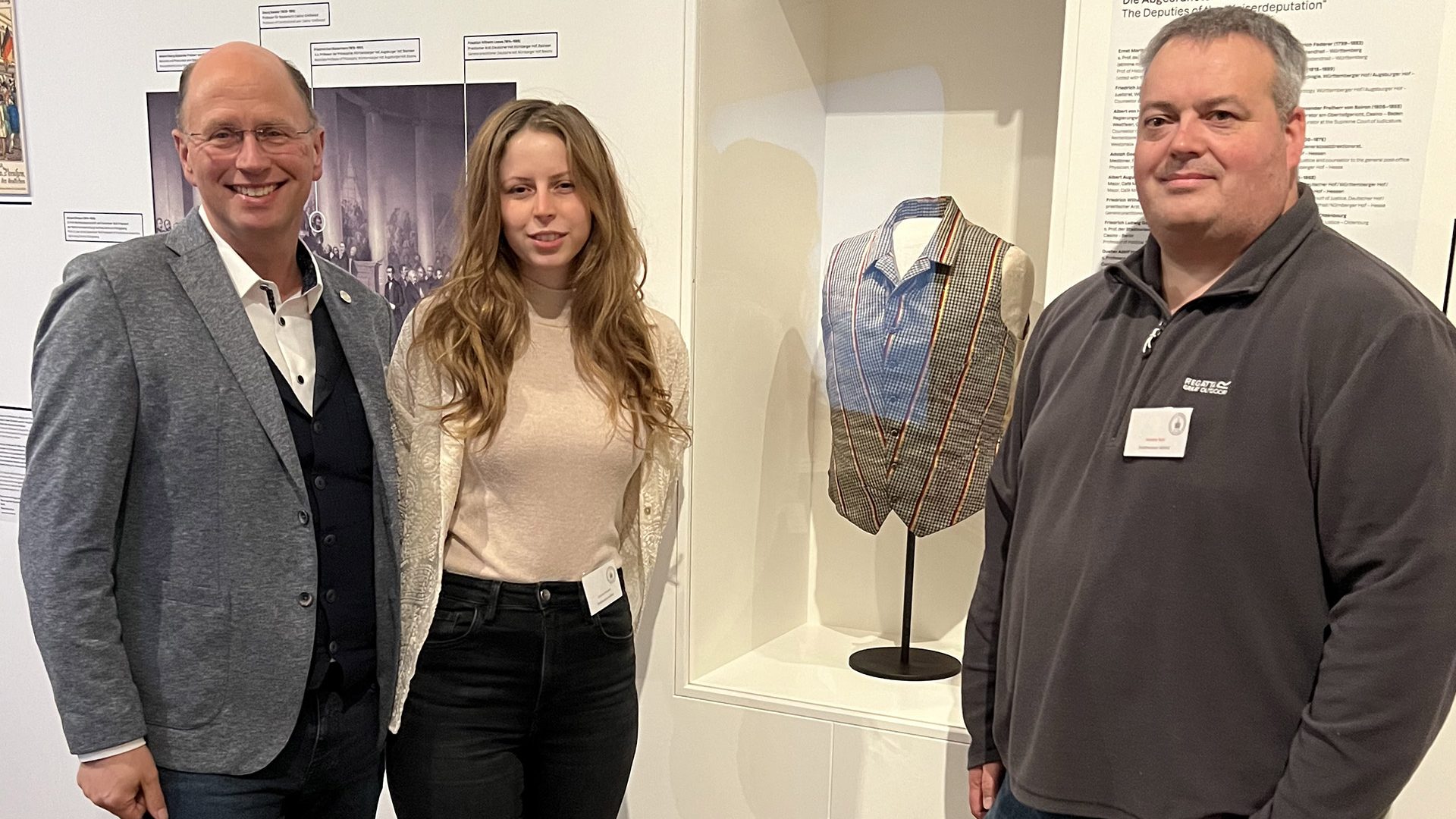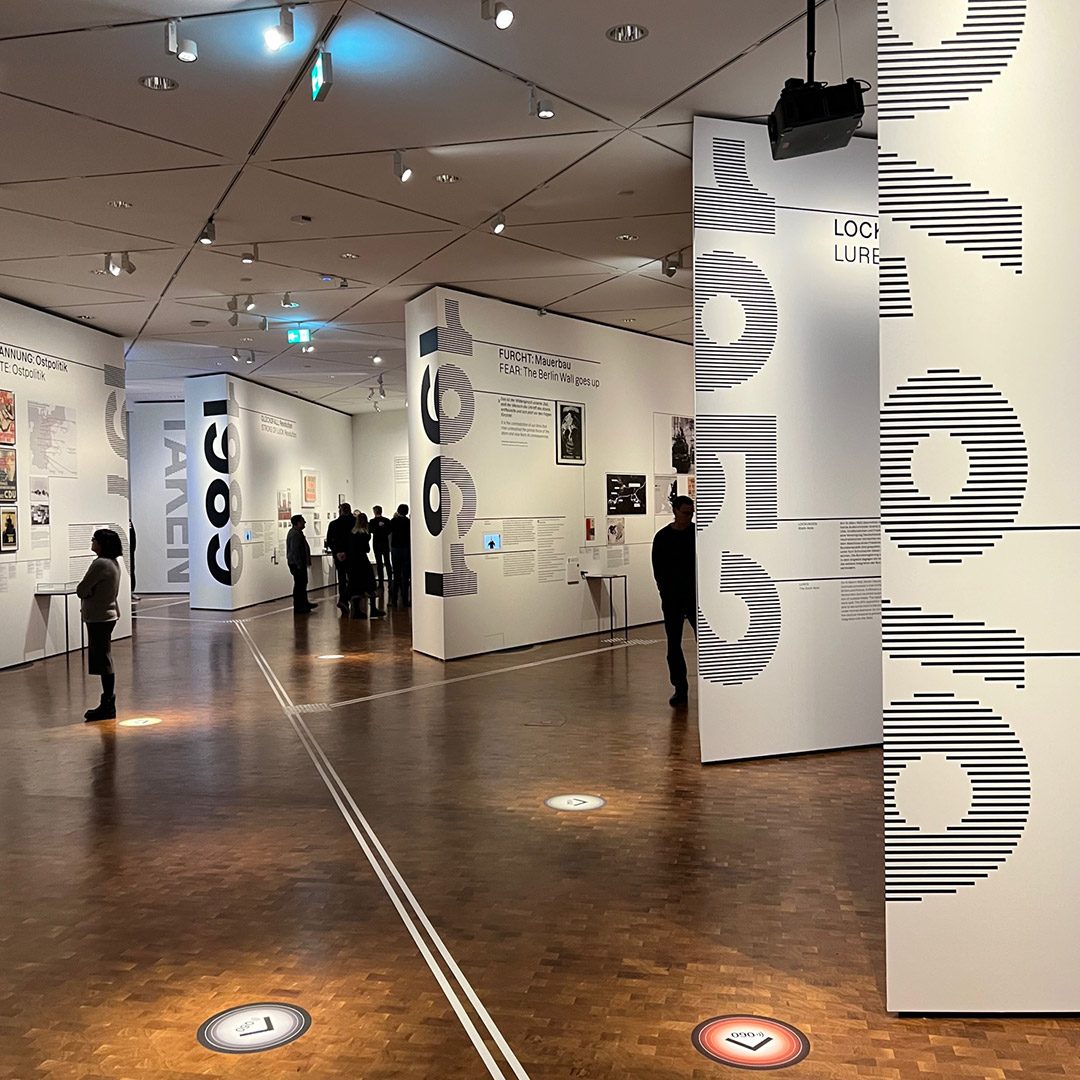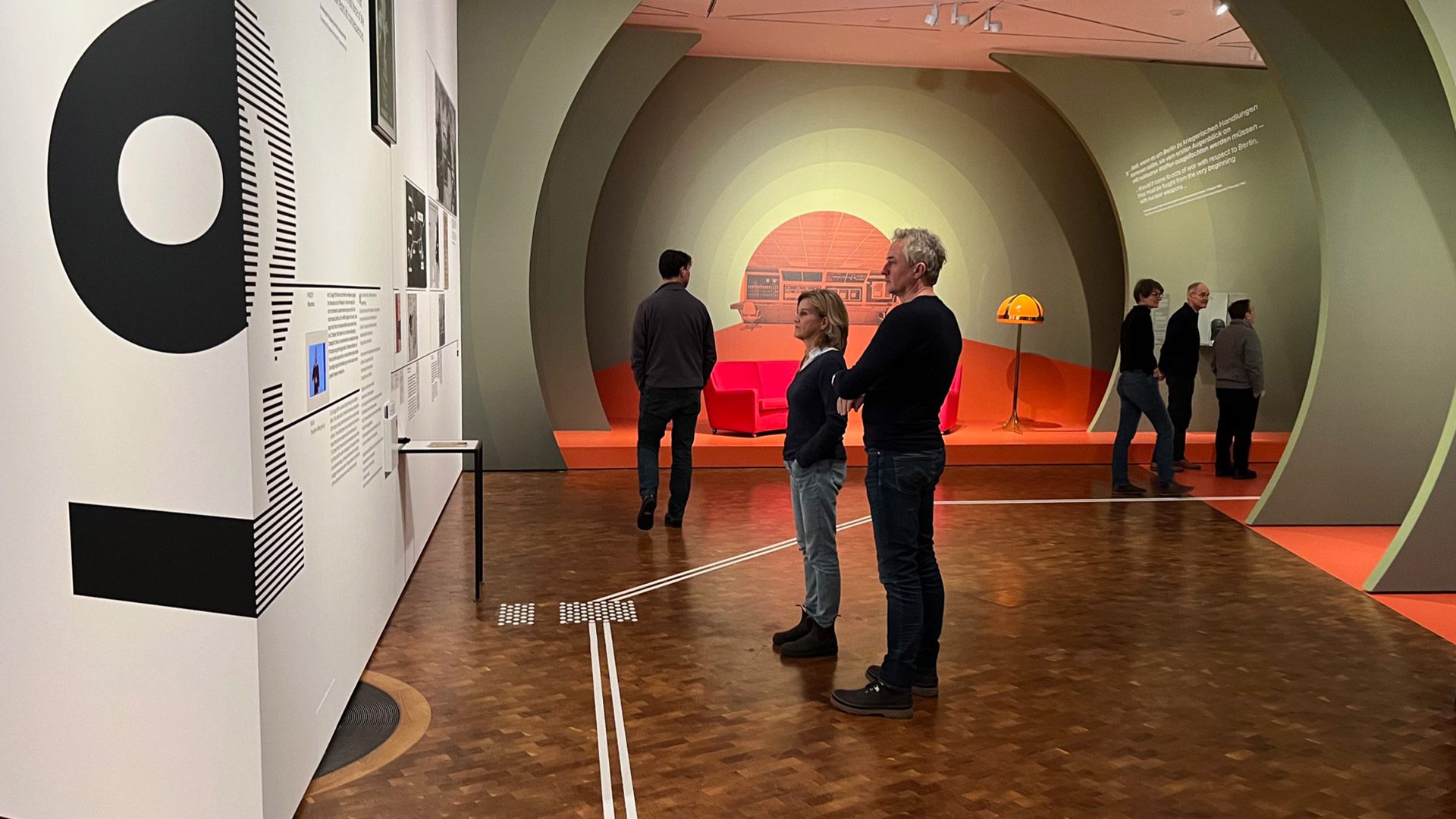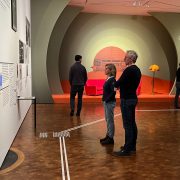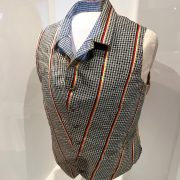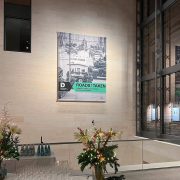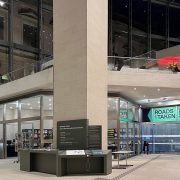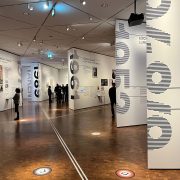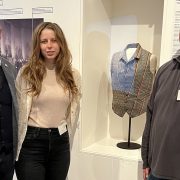Exhibition in BerlinRoads not taken. Or: It could have turned out differently
Vest of the last President of the Frankfurt National Assembly Theodor Reh on loan for exhibition at the German Historical Museum in Berlin, by the Alsfeld History and Museum Society e.V.
The revolution of 1848/49 has a long history and continues to have an effect right up to the present day. A fundamental change in the relationship between the citizens and the state can be seen in the historical general climate of the 19th century, which also did not bypass Alsfeld. The main goals were the emancipation of society vis-à-vis the state and the realization of the idea of nationhood.[1]
Based on other key moments in German history, the German Historical Museum in Berlin presents with the exhibition a retrospective of drastic historical events of the 19th and 20th centuries. Actual events are contrasted with possible courses of events that did not occur for very different reasons. On the basis of 14 striking incisions in German history, the probabilities of failed history are shown – prevented by coincidences, averted by misfires or the weight of personal inadequacies.
The exhibition begins in 1989 with the Peaceful Revolution in the GDR and ends in 1848, when democratic awakening was first attempted in Germany.
In reverse order, it takes up topics such as Ostpolitik, the building of the Berlin Wall, the Cold War, the takeover of power by the National Socialists, or revolution and democratization at decisive tipping points and explains that things by no means had to turn out the way they finally did. In this way, landmarks such as the Stalin Notes of 1952, the Korean War in connection with the Berlin Airlift of 1948/49, the failed blowing up of the bridge at Remagen in 1945, the assassination of Adolf Hitler in 1944, the fall of Chancellor Brüning in 1932, the Revolution of 1918, the outbreak of the First World War in 1914 or the German War of 1866 appear in a new light. This perspective, which is unusual for a history museum, should make it possible to sharpen the view of known facts and of the fundamental openness of history as the result of constellations and decisions, of actions and omissions.[2] The exhibition will be shown in a new light.

For the duration of the exhibition at the German Historical Museum in cooperation with the Alfred Landecker Foundation, the GMV has loaned the vest of Theodor Reh, the last president of the Frankfurt National Assembly, before 1848, from its museum holdings. The exhibition in Berlin will be on view at the German Historical Museum from Dec. 09, 2022 to Nov. 24, 2024.
The members of the GMV were enthusiastic about the exhibition and hope that also in Alsfeld soon the valuable exhibits can be shown again in the city museum.
[1] Accompanying booklet GMV exhibition 800 years Alsfeld jubelt, Dr. S. Reif, page 47
[2] Source German Historical Museum Berlin
